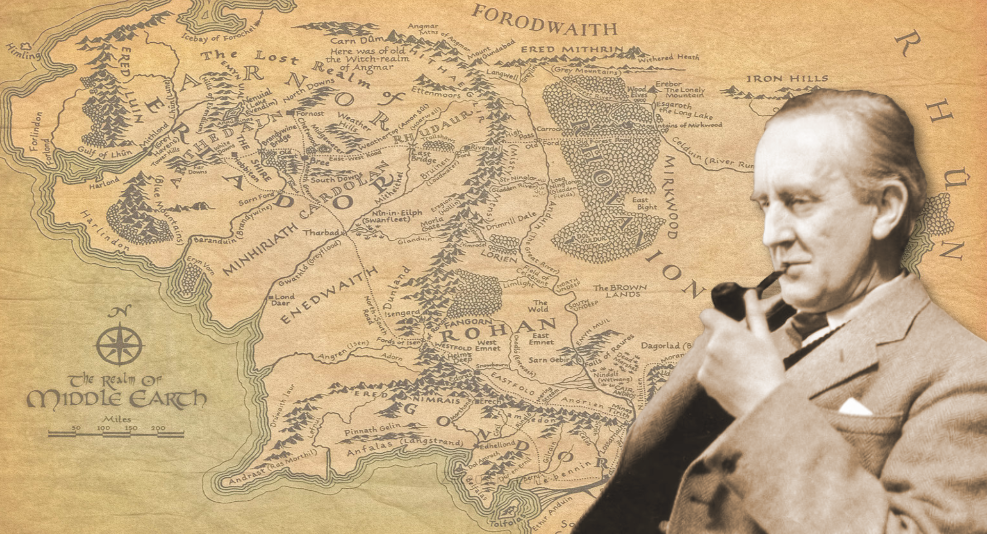
The Goodness in Middle-earth: I vividly recall the joy I felt when I first began reading the Hobbit after quickly skimming through it. It was the same for The Lord of the Rings. Why was this so?
I was reminded of this when I came across the following quote by Fleming Rutledge:
There is no real freedom outside the will of God; the paradox is that “slavery” to the will of God is the only true freedom. (The Battle for Middle-earth)
This got me to thinking deeper.
Setting aside the truth that no one is (essentially) good but God (Romans 3:10-12), we are still able to discern good and evil around us. Of course, any definition of good should have an unchanging standard; otherwise anything may be determined to be good. For example, to the pro-abortion activist, good is found in providing that service. Others rightly recognize this as murder, and subsequently evil.
Having a mother with a strong faith, and attending two Catholic schools which (at least in those days) taught biblical stories and principles, I was exposed to the goodness of God. We were taught to shun selfish pride and to treat others as ourselves.
Contrast that with my experience at a secular school which allowed unruly behaviour, and teachers who were indifferent to Christ. There was palpable sense of only looking-out-for-yourself in that competitive environment.
In reading the Hobbit and The Lord of the Rings (and C. S. Lewis’ books) I found something missing in other books in our library; and not taught by the teachers. Rutledge indirectly touched on it in her quote.
Becoming a slave to God’s will frees us from our selfish sin nature, and invites us to a glorious future and hope. For more on this, see John MacArthur’s book, Slave.
The books depicted bad and good characters based on Tolkien’s Christian faith. For more see Tolkien Dogmatics by Austin M. Freeman and Matthew Dickerson’s Following Gandalf. Also, The Imaginative Christian.
Those characters that were evil were also entirely self-absorbed. They became enslaved to their selfish ambitions. Think of Sauron, Gollum, Shelob, Saruman, Wormtongue, and the Orcs etc.
The “good” characters gave themselves sacrificially for the benefit of others. They were “slaves” to a higher good.
Think of Bilbo’s sparing of Gollum, and Frodo’s kindness; Aragorn’s secret wandering in the wilds for the Shire’s benefit when he was the future king of Gondor; Faramir’s electing not to steal The Ring for himself. There are other examples; for instance, Gandalf who secretly labored for hundreds of years in order to provide aid to the people of Middle-earth.
The recent Amazon series, Rings of Power, brought out a selfish attitude opposed to Tolkien’s world. Sadly, this can be seen in the excitement of the actors and fans who gushed at the portrayal of their own interests in the movie, rather than Tolkien’s original intentions.
The goodness of Middle-earth owed itself to Tolkien’s heroes modeling selfless Christ-like behavior. These are the kinds of heroes the world needs now.
Maranatha!
